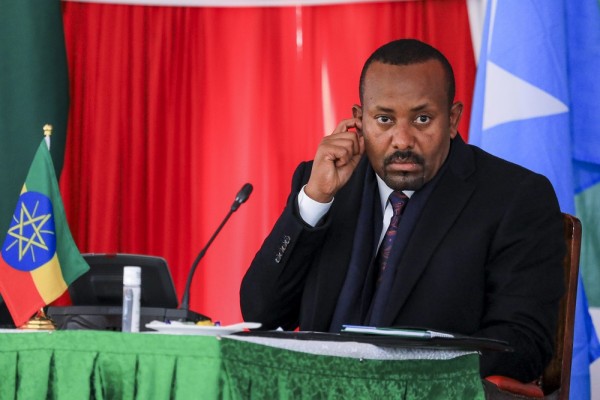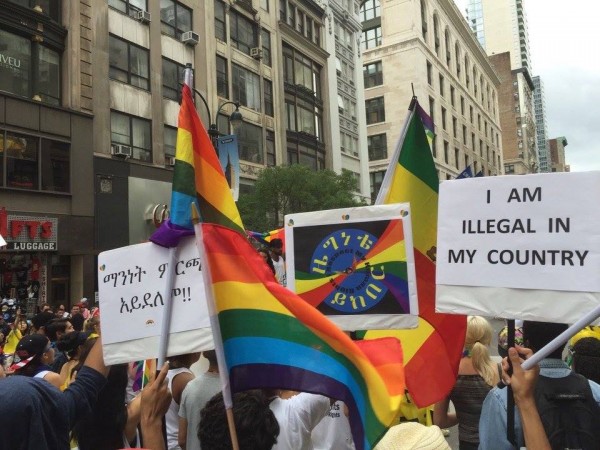The International Press Institute condemned today the arrest on Wednesday of critical columnist Eskinder Nega by the Ethiopian authorities.
Eskinder Nega, a columnist for online media and long-time critic of Prime Minister Meles Zenawi’s government, was arrested on Wednesday along with opposition members for their alleged role in “leading a plan to throw the country into serious political chaos through a series of terrorist acts,” news reports quoted a government spokesperson as saying.
Nega’s arrest comes after the 9 September detention of another journalist, Sileshi Hagos, who was working in radio but previously managed a defunct political magazine, according to a report from the Committee to Protect Journalists (CPJ). CPJ said Hagos was the fiancée of journalist Reyot Alemu, who was jailed in June.
Six journalists have been jailed in recent months on terrorism related charges. Wubshet Taye of the Awramba Times and Reyot Alemu of Feteh newspaper were arrested on 19 and 21 June and have been held without bail since then, and Swedish journalists Johan Persson and Martin Schibbye were captured in early July while reportedly travelling with members of the Ogaden National Liberation Front (ONLF), an insurgent group in the Ogaden region that the authorities deemed a terrorist organization in June.
A seventh journalist, Elias Kifle, editor of the U.S.-based Ethiopian Review, reportedly also faces terror charges in absentia.
Last week, IPI asked Nega whether the arrests of Taye and Alemu were part of any counter-terrorism effort. He told IPI in an email: “Their arrest has more to do with calculated cultivation of fear. Fear is what dictatorships ultimately rely on to survive. And with the Arab spring dominating the headlines, fear is losing the potency of yesteryear. No surprise then that the EPRDF, Ethiopia’s ruling party, is resorting to the terrorism law to bring back the old magic—Fear!”
Recently, the Ethiopian government enacted a law that provides long prison terms for anyone who writes or publishes information that is seen to support or encourage terrorism. Some opposition groups have also been named “terrorist ” organizations.
IPI Press Freedom Manager Anthony Mill said: “We are seriously concerned at the possibility that vaguely-defined anti-terrorism charges are being used to silence critical journalists. It is ironic that these latest arrests come just a couple of weeks after the 10-year anniversary of 11 September – an occasion on which press freedom groups around the world drew attention to the plight of journalists unjustly imprisoned under anti-terror laws.”


